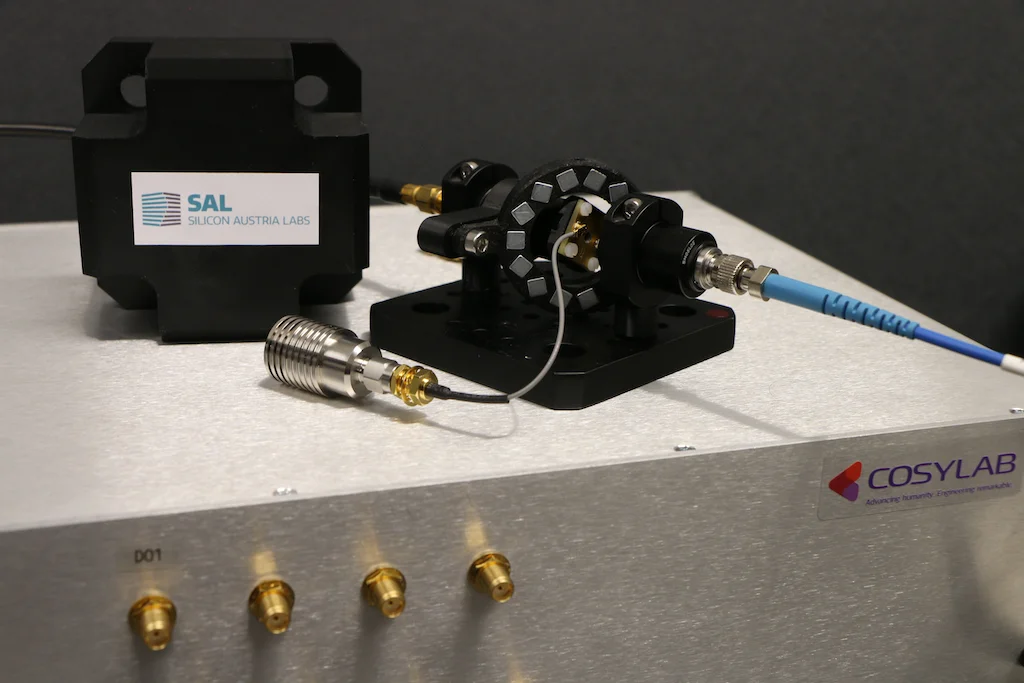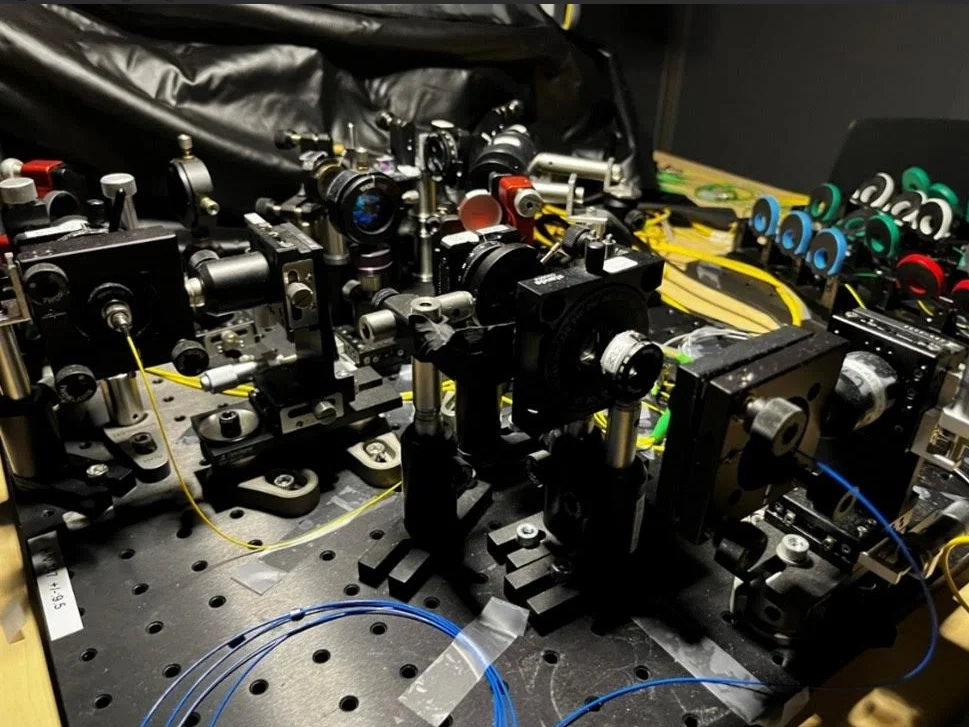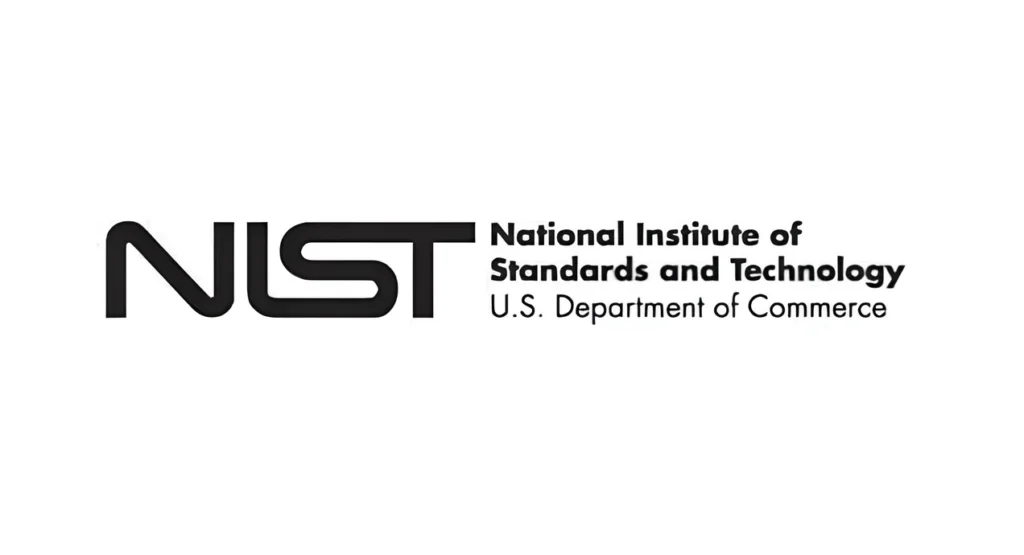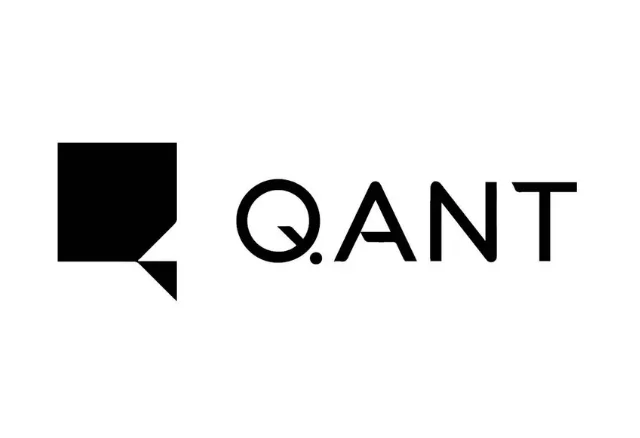Amir (VP of R&D at Classiq, a quantum software startup) and I talk about how Quantum Volume is measured and how we in the public should interpret the results that come from it. While the metric does have some flaws, it’s still a good general-purpose single-number way to compare devices.
IBM announces 65 qubit machine: https://www.ibm.com/blogs/research/2020/09/hardware-aware-quantum/
IBM Planning on 1000 (physical) qubits by 2023: https://www.thequantuminsider.com/2020/09/15/ibms-quantum-roadmap-points-toward-1000-qubit-quantum-computer-by-2023/
IBM, Honeywell, and IonQ are in a running gun battle for “highest quantum volume device”

Honeywell Reports Achieving Quantum Volume 128 on Company’s Quantum Computer
Megaprocessor: https://hackaday.com/2016/07/06/42300-transistor-megaprocessor-is-complete/
From NAND to Tetris on Coursera: https://www.coursera.org/learn/build-a-computer
IBM Quantum Volume Paper: https://arxiv.org/pdf/1811.12926.pdf
Classiq Website: https://www.classiq.io/
Amir’s LinkedIn: https://www.linkedin.com/in/amir-naveh-6bb61571
Sound effects obtained from https://www.zapsplat.com
https://www.minds.com/1ethanhansen/
1ethanhansen@protonmail.com
QRL: Q0106000c95fe7c29fa6fc841ab9820888d807f41d4a99fc4ad9ec5510a5334c72ef8d0f8c44698
Monero: 47e9C55PhuWDksWL9BRoJZ2N5c6FwP9EFUcbWmXZS8AWfazgxZVeaw7hZZmXXhf3VQgodWKwVq629YC32tEd1STkStwfh5Y
Ethereum: 0x9392079Eb419Fa868a8929ED595bd3A85397085B















